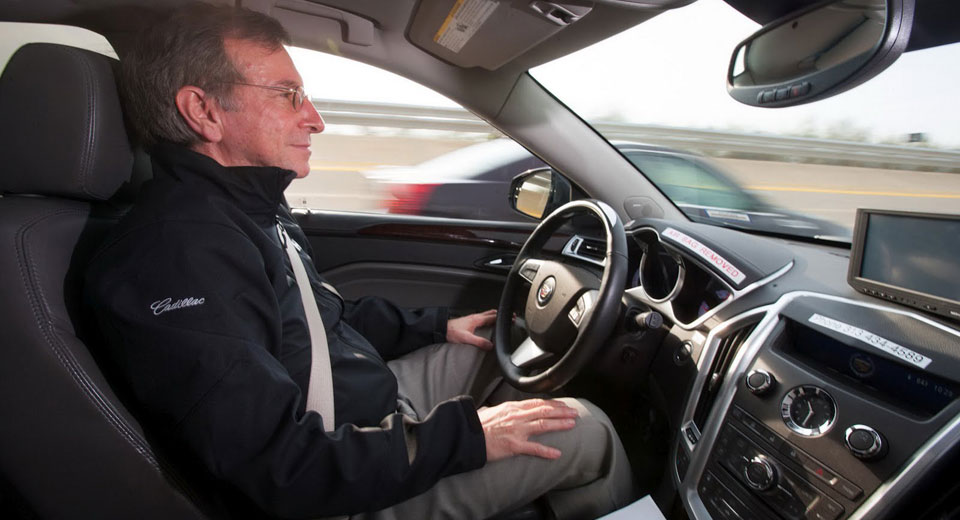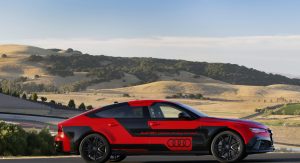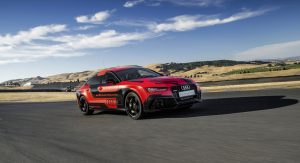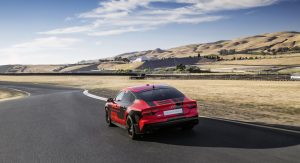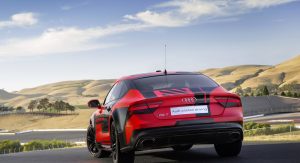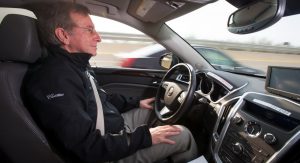A series of Tesla crashes blamed on the company’s Autopilot autonomous driving system has led to questions about the safety of such systems, leading one reporter to say that automakers need to draw on the aviation industry in future developments of the technology.
Commercial airliners have used automated flying systems for decades, proving particularly useful on long-haul flights where pilots have difficulty maintaining constant focus on the sky. Autopilot in planes has inevitably aided in the safety of the industry and helped in understanding the interaction between humans and routine tasks, something the car industry needs to recognize the report says.
Researchers have concluded that the human mind will naturally wander when it isn’t fully focused on a particular task, such as driving, Forbes reports. This means that when autonomous driving functions are activated on a car, it is almost impossible for the driver to remain completely focused, particularly as they’re responsibility for actually driving has been taken away by technology.
According to one Tesla owner from Australia, driving a normal car “requires 100 percent of your attention, and when you are driving a Tesla you are running at 80 percent attention.”
While drivers and pilots both experience this issue when Autopilots programs are used, roads are much more chaotic and dangerous than flight paths, therefore increasing the risk of accidents if the driver is even slightly tuned-out.
No automaker has yet to introduce a fully autonomous car, with semi-autonomous systems the most advanced currently offered.
Now more than ever, the massive leap between semi-autonomous and fully autonomous vehicles is becoming evident.



